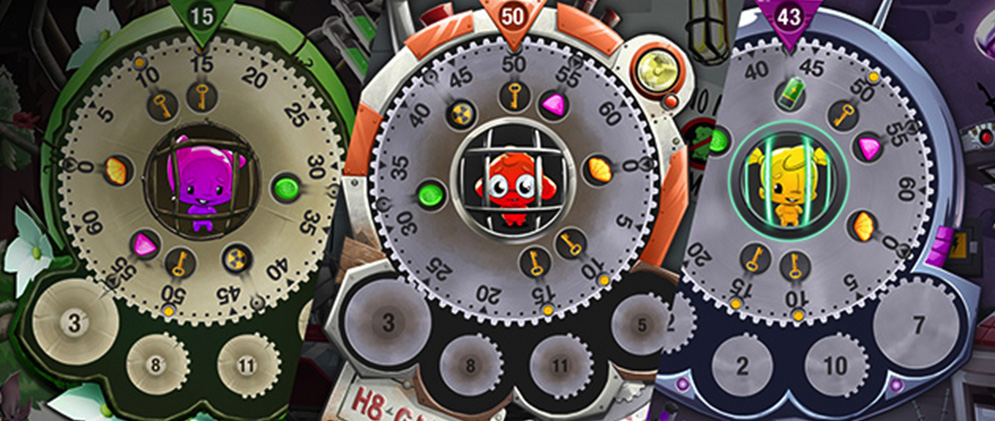Developing Written and Game-based Assessment Tools to Measure the Effectiveness of Math Video Games
From The Theme
DIGITAL LEARNING ENVIRONMENTS
WHAT IF
What if we could provide hard evidence of the effectiveness of game based learning?

WHAT WE SET OUT TO DO
We set out to conduct research on learning outcomes from math video games, and to evaluate and improve assessment tools. Researchers explored differences in the mathematical proficiency of students who play digital math games, compared to students who do not. We considered what can be done to mitigate these differences, how incorporating digital math games changes the nature of classroom instruction, how digital math game play influences students’ thought processes and math attitudes, and how these processes and attitudes relate to the development of mathematical proficiency.
WHAT WE FOUND
Research suggests that math-oriented computer games can help students improve their underlying math proficiency – their ability to reason through open-ended math problems, rather than simply speed up their performance of rote arithmetic. Students who played a digital math game showed a significant increase in “number sense”. The game promoted mathematical proficiency by requiring learners to attend to several mathematical constraints at once. Engaged learners in an iterative process of decision-making by encouraging students to try, check, and revise their strategy as they played.
LEARN MORE
Keith Devlin Presentation: Learning Math Through Play
Holly Pope Presentation: Wuzzit? Digital Math Games in Elementary Classrooms
H. Pope, C. Mangram. Wuzzit Trouble: The Influence of a Digital Math Game on Student Number Sense. International Journal of Serious Games. 2.4. 2015.
Stanford Graduate School of Education Article
PEOPLE BEHIND THE PROJECT
 Jo Boaler is a Professor of Mathematics Education at Stanford University, and the Co-Founder of youcubed. She is also the editor of the Research Commentary Section of The Journal for Research in Mathematics Education (JRME), an analyst for PISA testing in the OECD, and author of the first MOOC on mathematics teaching and learning. Former roles have included being the Marie Curie Professor of Mathematics Education for Europe, a mathematics teacher in London comprehensive schools and a researcher at King’s College, London.
Jo Boaler is a Professor of Mathematics Education at Stanford University, and the Co-Founder of youcubed. She is also the editor of the Research Commentary Section of The Journal for Research in Mathematics Education (JRME), an analyst for PISA testing in the OECD, and author of the first MOOC on mathematics teaching and learning. Former roles have included being the Marie Curie Professor of Mathematics Education for Europe, a mathematics teacher in London comprehensive schools and a researcher at King’s College, London.
 Keith Devlin is Senior Research Scholar and Executive Director, Human Science Technology Advanced Research Institute, Stanford University. He is a World Economic Forum Fellow, a Fellow of the American Association for the Advancement of Science, and a Fellow of the American Mathematical Society. He is “the Math Guy” on NPR. Dr. Devlin’s current research is focused on the use of different media to teach and communicate mathematics to diverse audiences.
Keith Devlin is Senior Research Scholar and Executive Director, Human Science Technology Advanced Research Institute, Stanford University. He is a World Economic Forum Fellow, a Fellow of the American Association for the Advancement of Science, and a Fellow of the American Mathematical Society. He is “the Math Guy” on NPR. Dr. Devlin’s current research is focused on the use of different media to teach and communicate mathematics to diverse audiences.
 Holly Pope, (At the time of the project), Holly was a doctoral candidate at the GSE. Currently, Dr. Pope is Assistant Professor of Elementary Mathematics Education at University of Hawaii at Manoa.
Holly Pope, (At the time of the project), Holly was a doctoral candidate at the GSE. Currently, Dr. Pope is Assistant Professor of Elementary Mathematics Education at University of Hawaii at Manoa.